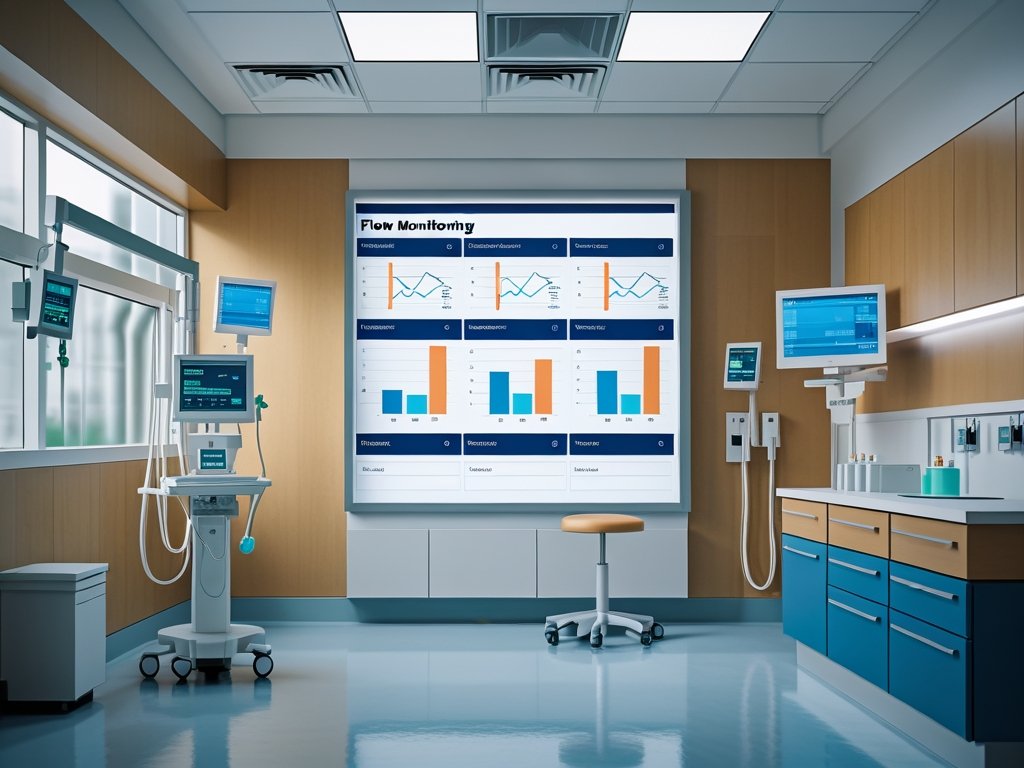
Urological health is essential to overall well-being, yet it’s often overlooked until problems arise. The urinary system — composed of the kidneys, ureters, bladder, and urethra — is responsible for filtering waste, regulating fluids and electrolytes, and controlling urination. Maintaining this system through simple daily habits can help prevent common issues such as urinary tract infections (UTIs), kidney stones, bladder dysfunction, and even some prostate conditions.
Building a daily routine that supports urinary health doesn’t require radical changes. Instead, it relies on small, consistent habits that collectively contribute to long-term benefits. In this article, we explore effective lifestyle strategies to promote optimal urological function for both men and women.
Hydration, Nutrition, and Urination Practices
Daily choices around what you drink, eat, and how you urinate can significantly impact the health of your urinary system. The following habits form the foundation of good urological health:
- Drink enough water: Staying hydrated helps the kidneys flush toxins and bacteria from the urinary tract. Aim for 6–8 cups of water daily, adjusting for activity level and climate.
- Limit irritants: Reduce intake of caffeine, alcohol, and artificially sweetened beverages, which can irritate the bladder and increase urgency.
- Eat a balanced diet: Include high-fiber foods to prevent constipation, which can exert pressure on the bladder. Potassium-rich foods like bananas and leafy greens support kidney health.
- Avoid excessive salt and protein: High sodium intake can raise calcium levels in urine, contributing to stone formation. Moderating animal protein can help balance uric acid levels.
- Practice regular urination: Don’t hold in urine for long periods, as this can stretch the bladder and increase infection risk. Try to urinate every 3–4 hours during the day.
These straightforward behaviors form a solid baseline for maintaining a clean, well-functioning urinary system. They’re especially important for people with a history of kidney stones, UTIs, or bladder issues.
Personal Hygiene and Bladder Health
Proper hygiene and toileting practices play a crucial role in preventing infections and supporting urinary comfort. This is particularly important for women, who have a shorter urethra and are more prone to infections.
- Wipe front to back: After using the toilet, especially for women, always wipe from front to back to avoid transferring bacteria from the rectum to the urethra.
- Urinate after sex: This helps flush out any bacteria that may have entered the urethra during intercourse.
- Use gentle hygiene products: Avoid douches, perfumed soaps, and strong cleansers near the genital area. These can disrupt natural pH and irritate sensitive tissue.
- Wear breathable underwear: Cotton fabrics and loose-fitting clothing allow airflow and reduce moisture buildup that can promote bacterial growth.
- Address incontinence early: Don’t ignore leakage or urgency. Bladder training, pelvic floor exercises, or medical evaluation can help prevent worsening symptoms.
These hygiene-based habits can reduce the risk of irritation, infection, and discomfort while also promoting a healthy and balanced microbial environment around the urinary tract.
Movement, Sleep, and Stress Management
Physical activity, rest, and emotional balance are also vital for maintaining urinary health. These elements support muscle tone, immune function, and bladder control.
- Stay active: Regular exercise improves blood flow to the pelvic region, strengthens core and pelvic floor muscles, and reduces risk of chronic disease.
- Get enough sleep: Poor sleep can lead to hormonal imbalances that affect kidney and bladder function. Aim for 7–9 hours per night.
- Manage stress: Chronic stress can contribute to urinary urgency, incontinence, or pelvic floor tension. Incorporate mindfulness, breathing exercises, or light yoga into your daily routine.
- Pelvic floor exercises: Daily Kegels help strengthen the muscles responsible for urinary control and are beneficial for both men and women, especially with aging.
Long-Term Benefits and Proactive Care
Urological issues often develop slowly and can be prevented or mitigated through proactive care. Building healthy routines today lays the groundwork for avoiding more serious problems later in life.
- Routine checkups: Periodic visits to a urologist or primary care provider can help catch early signs of kidney or bladder problems.
- Know your family history: Some urinary conditions have genetic components. Informing your doctor can help guide preventive care.
- Don’t ignore symptoms: Early signs like burning, urgency, or changes in urine color should not be dismissed. Timely treatment can prevent complications.
By embracing simple daily habits and staying attentive to bodily cues, individuals can actively protect their urinary health. These routines require little time but offer lasting benefits — making them a smart investment in lifelong wellness.
Recent articles about tips and daily habits
-

Scheduling Meals Around Personal Bladder Rhythms
Many people experience frustrating bladder control issues, ranging from frequent urination to urgency and even occasional leakage. Often, these challenges are approached with strategies focused…
-

How to Mentally Disengage From Urinary Sensitivity
Urinary sensitivity – the heightened awareness and often distressing focus on normal bladder sensations – can significantly impact quality of life. It’s more than just…
-

Using Silence to Reset Urological Response Loops
Introduction Urological responses – those involuntary reactions related to urination, arousal, and even general pelvic floor muscle tension – are deeply intertwined with our nervous…
-

Morning Flow Anchors for Predictable Daily Voiding
Introduction Predictable daily voiding – simply put, being able to reliably anticipate when you need to use the restroom – is something many people take…
-

Flow Monitoring You Can Do Without Charts or Logs
Flow monitoring is often visualized through complex dashboards teeming with charts and logs – colorful graphs depicting throughput, latency, error rates, and endless streams of…
-

Comfort Focused Clothing for Men With Flow Concerns
Navigating daily life with concerns about flatulence, bloating, or general digestive discomfort can be surprisingly challenging for many men. Beyond the social anxieties that may…
-

Pelvic-Gentle Cleaning Habits After the Toilet
Pelvic-Gentle Cleaning Habits After the Toilet Personal hygiene is deeply intertwined with overall well-being, yet conversations around specific aspects – particularly those relating to intimate…
-

Urology-Safe Mindfulness Drills You Can Do in Minutes
Urological health is often discussed in hushed tones, frequently associated with discomfort, anxiety, and even stigma. Many individuals experiencing urological concerns – from frequent urination…
-

Bedtime Body Awareness Habits for Bladder Ease
Many people experience nighttime disruptions due to bladder issues, ranging from frequent urination (nocturia) to urgency and even incontinence. Often, these problems aren’t simply about…
-

Steps to Avoid Flow Disruption After Travel
Traveling is often touted as broadening the mind and creating lasting memories – and it absolutely can be! However, beneath the surface of exotic destinations…
Want practical tips for healthier daily habits? Try searching our site.
